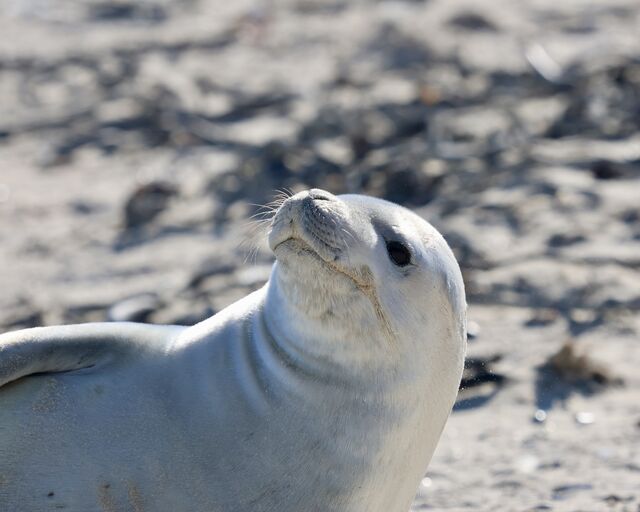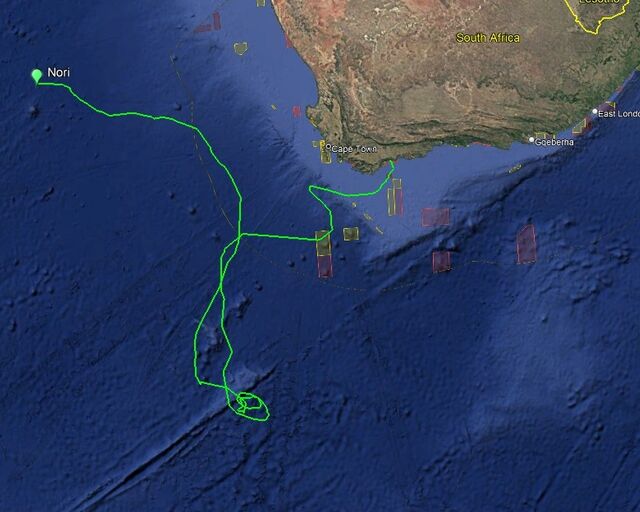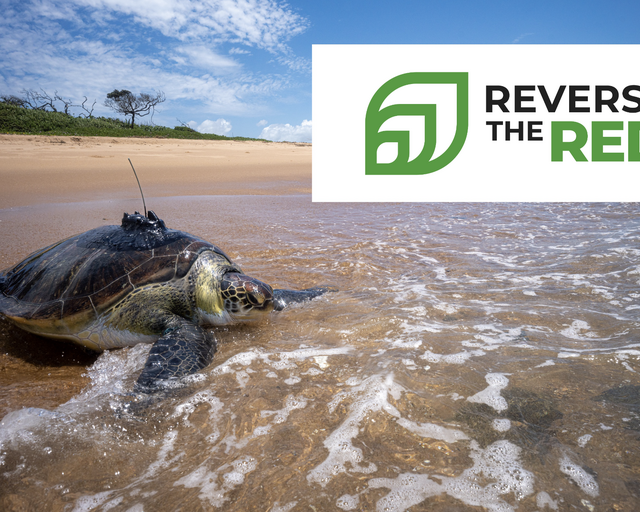Recycling is a commonly used word in today’s day and age, and everyone is familiar with those characteristically colourful bins – but do we know what it means? Today, on South Africa’s Recycling Day, let’s unpack: What is recycling? Why is it important? And how can I participate?
National Recycling Day works to raise awareness and galvanise South African citizens to action – a reminder that our recycling efforts should not be confined to one day, but rather an everyday choice!
So, what is recycling?
Recycling is the process of converting waste into reusable material. At its simplest, recycling happens in three parts – collection of waste materials, processing, and manufacturing into new products, and purchasing these products.
Recyclable materials include aluminium cans, glass bottles, paper, cardboard, plastics, and more. These materials serve as substitutes for the raw materials extracted from natural resources, like petroleum, natural gas, trees, and coal.
South Africa has a good track record with recycling. According to RecyclePaperZA, in 2020, 1.1 million tonnes of paper and paper packaging were recovered for recycling into new products, making the paper recycling rate just short of 70%.
Why is recycling important?
Recycling prevents millions of tons of waste from entering landfills, where it often ends up in our oceans. Landfill sites are infamous for their enormous greenhouse gas emissions, polluting our environment to a huge extent. Recycling plays a significant role in lessening greenhouse gas emissions.
Using existing materials multiple times reduces the need for continued extraction of raw materials from the earth. By recycling, we lessen the strain on our natural resources as there is less demand for new products where reusable ones take their place.
The reduction in demand for natural resources in the mining industry, for example, illustrates how recycling has helped to conserve these natural habitats for future generations!
This has a positive knock-on effect on reducing energy use in other areas of natural resource extraction, such as saving energy in production, and recycling reduces greenhouse gas emissions. This means that less harmful gases from producing new materials enter the atmosphere!
The recycling industry boosts our economy by creating jobs! In South Africa, many people make money by collecting recyclables and selling them to a nearby recycling facility.
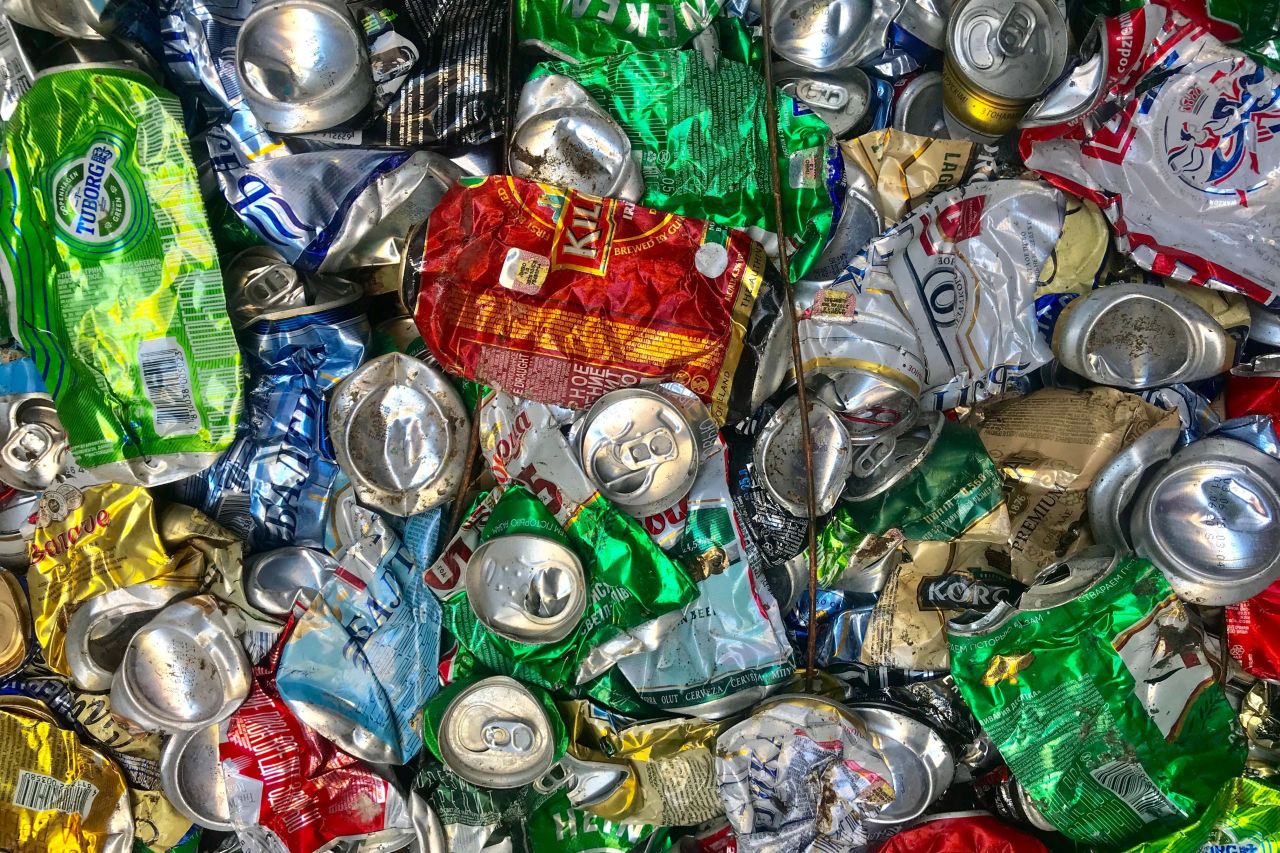
How can I start recycling?
Recycling is super simple to start, and one of the best ways for you to make a positive difference in our environment.
Bin it!
Designate a large bin, just like the one you use for non-recyclable waste, for glass, cans, cardboard, paper, plastic, and other recyclables. Most recycling depots separate waste on-site, so it’s fine for you to have one recycling bin! If you have the space, you can have separate bins for each recyclable material, but we’d advise starting simple!
Give it a rinse!
Before you throw something in your recycling bin, give it a rinse. Your local recycling depot would much rather sort a clean yoghurt container than a dirty one! Cleaning our recycling makes it easier to process, too – dirty recyclables are sometimes taken as “normal” waste and discarded.
If it’s not recyclable, check if it’s compostable…
Composting is a great option for everyone – it’s as easy as putting an ice cream container next to your food preparation area. All organic waste items, like fruit, vegetables, food scraps, peelings, and more, can go into compost! These can be used in your gardens, where they will break down and provide amazing nutrients for your plants!
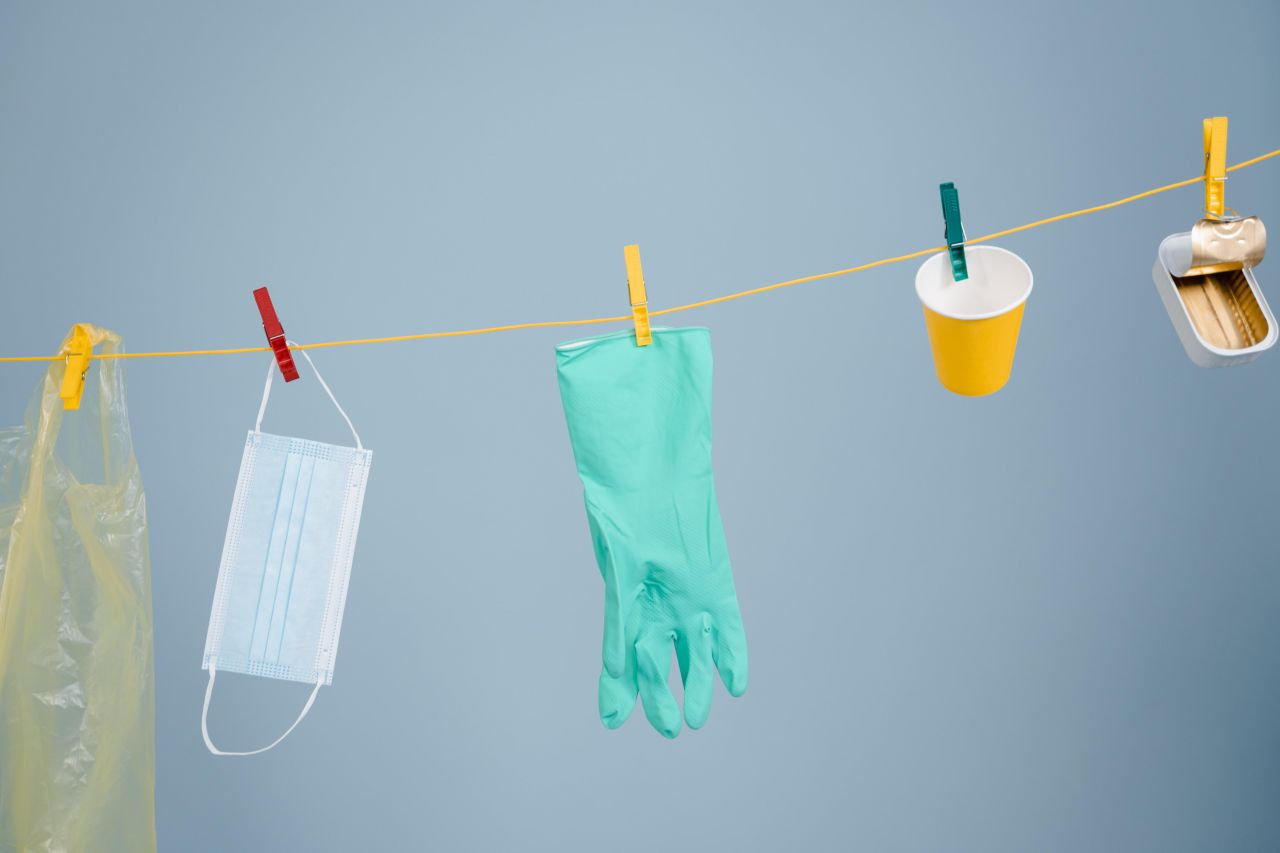
Does the Two Oceans Aquarium recycle?
Yes, we do! Throughout the Aquarium, we have recycling bins for visitors and staff. The contents are sorted at our own on-site sorting facility, and the recyclables are separated from non-recyclable materials. All our e-waste is delivered to an e-waste facility, while external service providers responsibly dispose of our other hazardous waste.
Staff and volunteers are encouraged to bring their home recycling to the Aquarium. We also promote the making of eco-bricks, both in the staff canteen areas of the Aquarium and at home. Single-use plastic bags are banned from the Aquarium premises, and all staff and volunteers are encouraged to use reusable bags, coffee cups, straws, and cutlery.
Related News
Sign up to our Newsletter
Receive monthly news, online courses and conservation programmes.
